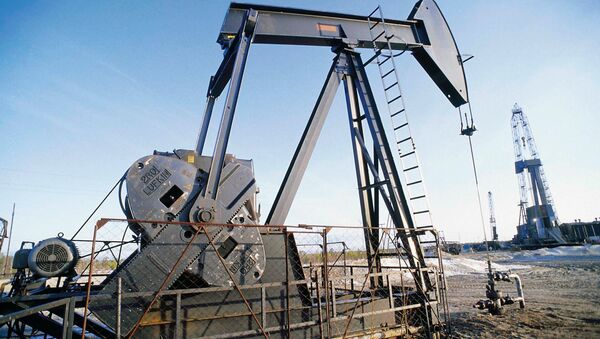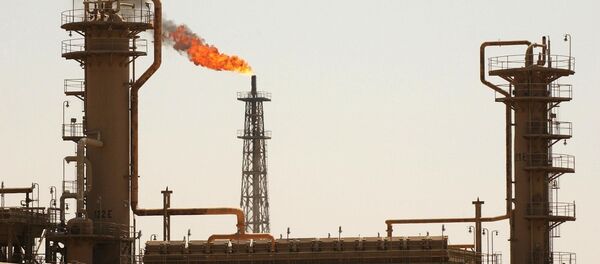WASHINGTON (Sputnik), Leandra Bernstein — Elements within Turkey are likely involved in the illicit oil trade with the Islamic State, but it is not official Turkish government policy, former Turkish Ambassador to Iraq and the United Kingdom Unal Cevikov told Sputnik on Thursday.
"It is not a government policy," Cevikoz said. "Different forces may be involved in smuggling and this has always been a fact."
Asked if the government of Turkey had turned a blind eye to the Islamic State oil trade, he stated that "there is probably nothing they [the Turkish government] could do" to stop the illicit smuggling.
"Oil smuggling has taken place between the eastern and southeastern border of Turkey… not only after the appearance of the Islamic State, but also during peace-time," Cevikov stated.
Members of the US-led coalition against the Daesh have criticized Turkey for failing to secure a 60 mile section of its border with Syria, which continues to be exploited by Daesh for their multi-billion oil enterprise.
"Particularly after the downing of the Russian plane, the Turkish-Syrian border is not going to be as porous as it used to be in the past," Cevikov claimed.
Speaking of the illicit trade of oil across the Turkish-Syrian border, Cevikov explained that "Russian planes are probably monitoring all kinds of developments along the Turkish-Syrian border so it will be very difficult to have the continuation of these transporting activities."
On November 24, Turkey shot down a Russian Su-24 bomber that Turkish authorities claim crossed one mile into Turkish airspace. Following the incident, Russia moved S-400 surface-to-air missile defense systems to Syria to protect its air assets.





